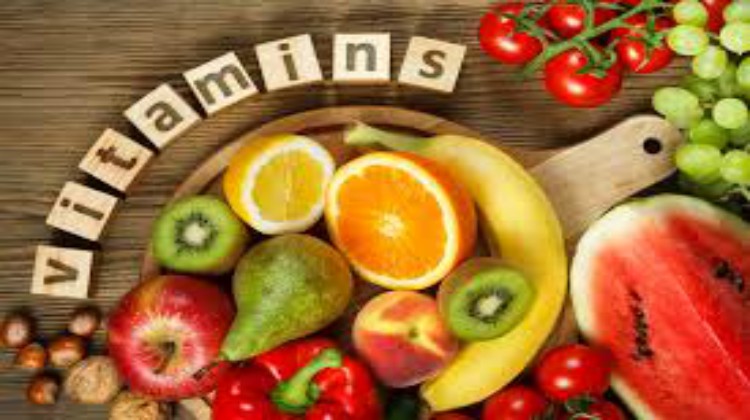Corona Care: Fill Your Plate With These Foods To Boost Immunity

What kind of foods can build an immunity that’s strong enough for our bodies to battle the novel coronavirus? This is the biggest question in the minds of most people now.
COVID-19 may attack anyone irrespective of their age, gender or any other factors. The scary virus presents many uncertainties and surely, none of us can completely eliminate ourselves of the risk of contracting it. All we have in our hands is to remain healthy, stay indoors and consume foods that boost ones immunity.
If, God forbid, we do catch COVID-19, it’s our immune system that will be responsible to fight it for us. So, it is very important to keep our immune systems at its strongest.
According to experts, the important micronutrients which are helpful in combating the infection include vitamins A, B, C, D and E, and the minerals iron, selenium and zinc.
There is no instant solutions to boosting our immunity. It’s all in your daily food habits. Knowing and consuming foods that give us the the required nutrients is what is most important, especially during this period.
Here are some key nutrients that play a role in immunity, and foods we need to consume to get them:

1. VITAMIN A
You should consume foods that contain Beta Carotene, like leafy green vegetables, and vegetables that are yellow and orange based like pumpkin and carrots. Beta carotene gets converted to vitamin A, which is essential for a strong immune system. Vitamin A helps act as a first line of defense in our body. It also helps in maintaining the structure of the cells in the skin, respiratory tract and gut.
Vitamin A is found in oily fish, egg yolks, cheese, tofu, nuts, seeds, whole grains and legumes.
2. VITAMIN B
Vitamins like B12, B6 and B9 helps in activating the ‘natural killer’ cells. Natural Killer cells help in collapsing the infected cells. These vitamins help your body’s first response once it has recognised a pathogen.
To get vitamin B6 you should consume more cereals, legumes, green leafy vegetables, fruit, nuts, fish, chicken and meat. B9 (folate) is abundant in green leafy vegetables, legumes, nuts and seeds and is added to commercial bread-making flour. B12 (cyanocobalamin) is found in animal products, including eggs, meat and dairy, and also in fortified soymilk.
3. VITAMIN C and E
Take more of citrus acid containing food like oranges, lemons, limes and also berries, kiwifruit, broccoli, tomatoes and capsicum which are abundant in Vitamin C. Take more of nuts, green leafy vegetables and vegetables oils for Vitamin E. Because both these vitamins helps in reducing 'Oxidative Stress'.
What is 'Oxidative Stress'?
The stress which is produced when your body is fighting an infection is called Oxidation Stress. Oxidative stress leads to the production of free radicals which can pierce cell walls, causing the contents to leak into tissues and exacerbating inflammation.
So, indirectly, these vitamins help reduce inflammation in our body.
4. VITAMIN D
Few immune cells in our body need Vitamin D destroy pathogens that cause infection. Although sun exposure allows the body to produce vitamin D, food sources including eggs, fish and milk products intake will also help.
5. Selenium, Iron and Zinc
We need good nutrients in our diet for the growth of immune cells. Among all, iron, zinc and selenium play an important role.
Iron helps kill pathogens by increasing the number of free radicals that can destroy them. It also regulates enzyme reactions essential for immune cells to recognise and target pathogens. Zinc helps maintain the integrity of the skin and mucous membranes. Zinc and selenium also act as an antioxidant, helping mop up some of the damage caused by oxidative stress.
Iron is found in meat, chicken and fish. Vegetarian sources include legumes, whole grains and iron-fortified breakfast cereals.
Zinc is found in oysters and other seafood, meat, chicken, dried beans and nuts.
Nuts (especially Brazil nuts), meat, cereals and mushrooms are good food sources of selenium.
Along with changing your food habits, it would also be important to let go off habits like smoking, as that plays a key role in making your immune system weak. Getting the adequate amount of sleep also matters a lot to stay strong.
Stay healthy, Stay fit.
Also Read: COVID-19: Do’s And Don’ts For Senior Citizens
Also Read: Will Drinking Warm Water Kill Coronavirus?




